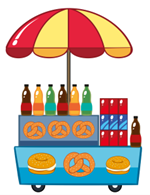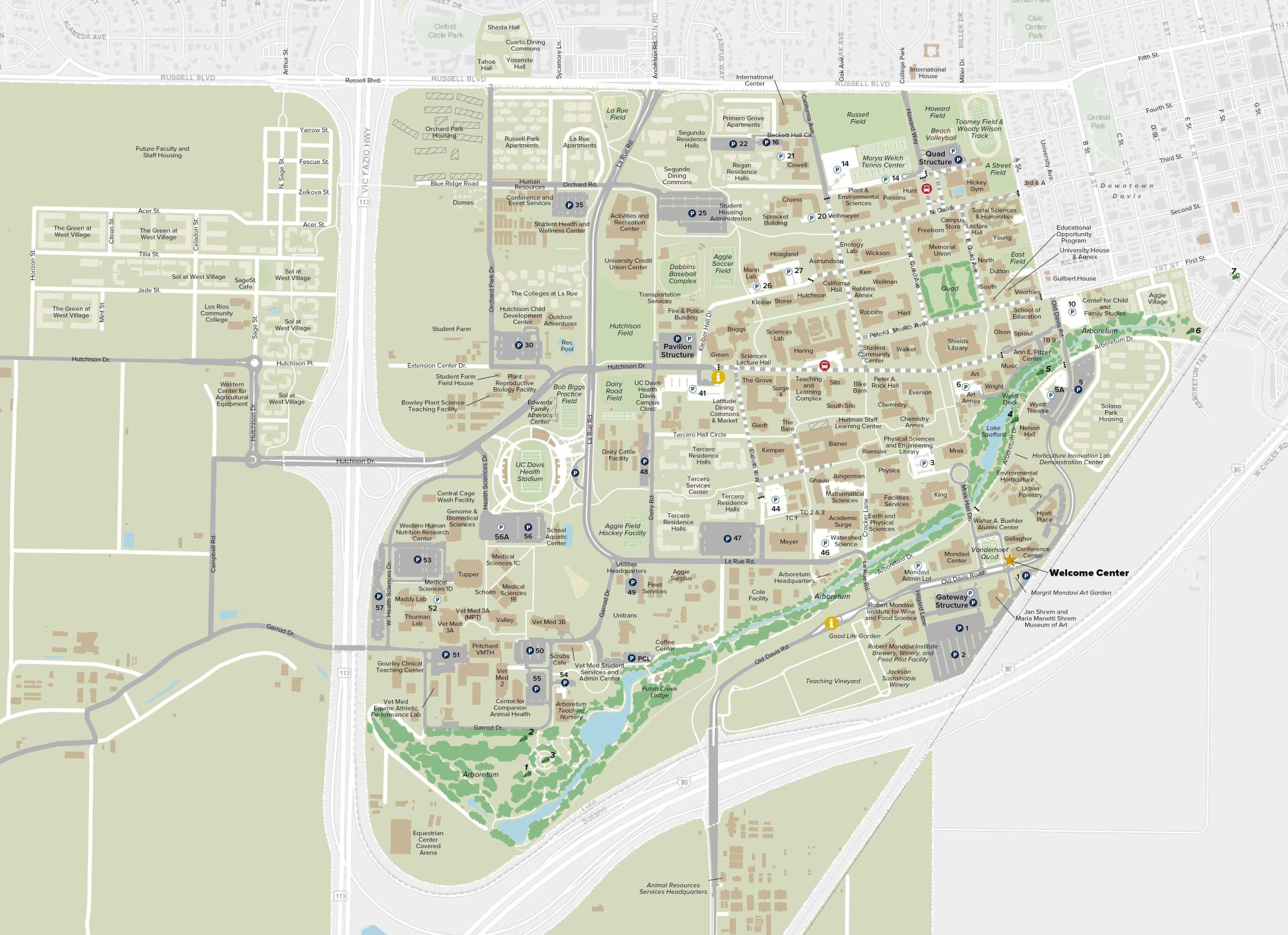Para español, haga clic aquí. For Spanish, click here.
Food Cart Application and Forms
Background:
On September 23, 2022, Senate Bill 972 (SB 972) was signed by the Governor; it became effective on January 1, 2023. This bill modifies the California Retail Food Code (CRFC) to reduce some structural and operational requirements for lower-risk sidewalk food vending operations. SB 972 created a new category of Mobile Food Facilities termed Compact Mobile Food Operation (CMFO) or “Food Cart.” CRFC was amended to promote economic inclusion while modernizing the CRFC so that food vendors can obtain a permit and join the regulated vending economy.
What is a food cart?
A type of mobile food facility operated from any of the following:
- An individual stand, showcase, rack, or display limited to the sale of prepackaged non-potentially hazardous foods or whole uncooked produce.
- Food must be displayed on shelving or racks that are 6” above the ground surface.
- May be exempt from a Health Permit if operating 25 sq. ft. or less of prepackaged non-potentially hazardous food or whole uncooked/unprocessed produce, which includes back-up inventory not on display.
- A pushcart, pedal-driven cart, wagon, or other nonmotorized conveyance that may be approved for pre-packaged food or limited food preparation. All equipment must be integral as part of the compact mobile food operation.
A pop-up tent does NOT qualify as a food cart.
YES



NO


Food carts may:
- Heat, fry, bake, roast, pop, blend, steam or boil, or assemble non-prepackaged food
- Juice or prepare beverages that are for immediate service, and do not contain frozen milk products
- Some common examples include: Shaved ice, hot dogs, tamales, and cut fruit
Food cart requirements:
- Must meet all the requirements listed in Chapter 10 (Mobile Food Facilities), except as provided for in the new Chapter 11.7 (Compact Mobile Food Operations) including, but not limited to having a hand wash station and mechanical refrigeration, if handling potentially hazardous foods.
- Required to operate in conjunction with a commissary, mobile support unit or other facility approved by Environmental Health. A commissary is a food facility that has been approved by a local Environmental Health Department to support the proposed operation of a food cart where any of the following occur:
- Food, containers, and supplies are stored.
- Food is prepared or prepackaged for sale or display on the food cart.
- Utensils are cleaned and sanitized.
- Potable water is obtained.
- Liquid and solid wastes are disposed.
- Food cart is washed.
- Water tanks are filled, and wastewater tanks are emptied.
UC Davis Food Cart Application Process
- Complete the no-cost CMFO application, including all checklist items in the application
- Email to rehs@ucdavis.edu
OR - Mail application materials to EH&S at One Shields Avenue, 276 Hoagland Hall, Davis, CA 95616
- Email to rehs@ucdavis.edu
- Secure a valid health permit from any County and submit a copy with application.
- EH&S will review the application and required supporting documents for compliance with the California Retail Food Code.
- Please allow two weeks for the review process.
- After EH&S approves the application, a health permit to operate at UCD will be issued and mailed to the business address.
Food carts may not act in a catering capacity on campus
- Student groups may not contract/hire a food cart for official/unofficial events
- For more information on catering rules at UC Davis, see the Supply Chain Management website
Inspection costs
UC Davis Registered Environmental Health Specialist (REHS) will investigate complaints or conduct inspections for any public health concerns. If there is a substantiated complaint or public health concern the food cart operator will be billed $247 per hour of inspection time.
Campus Map
To view an interactive map, click here.
